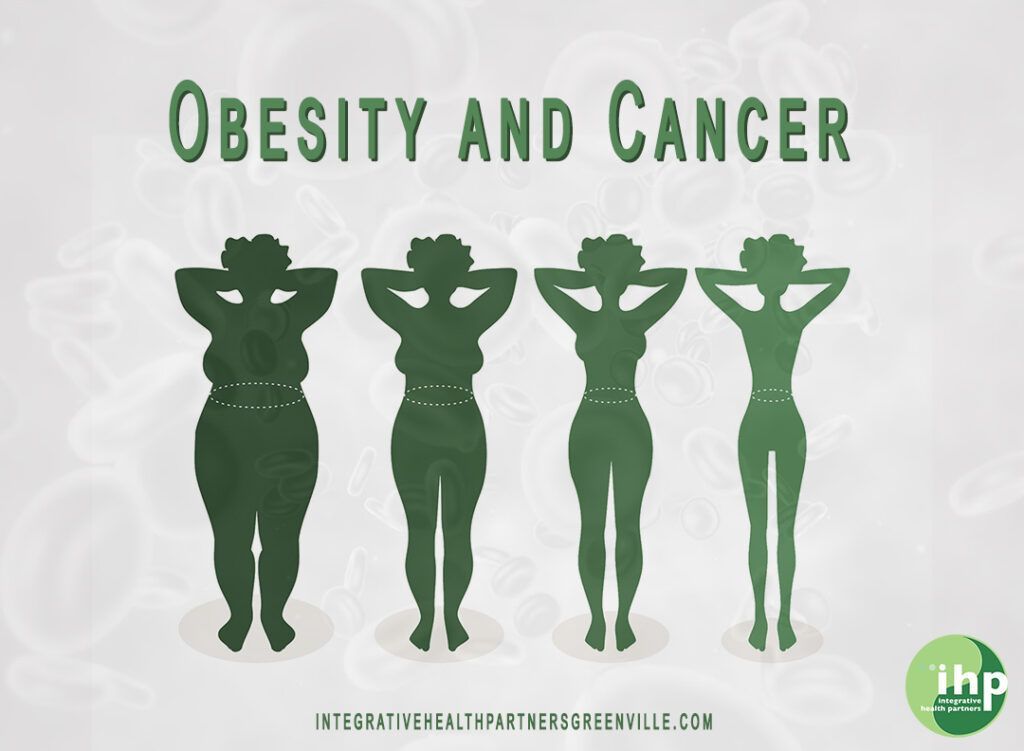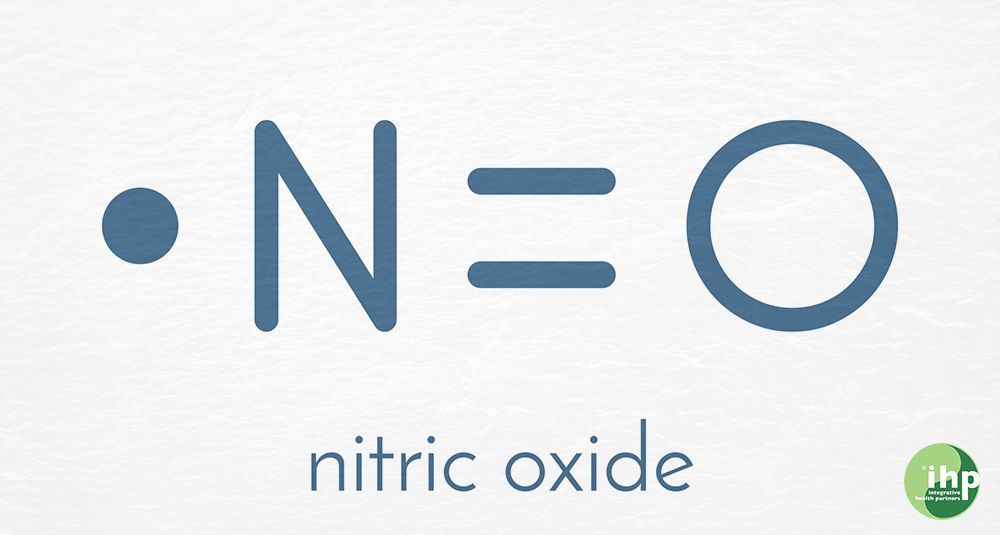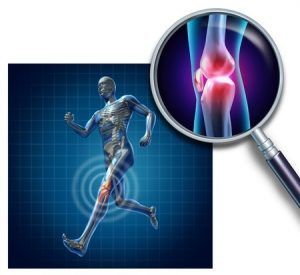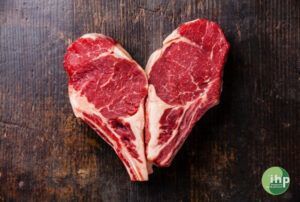Weekly Digestive Health Tips
The Stomach
Last week we discussed the importance of paying attention to what we put in our mouths, how our saliva has special enzymes that start the digestive process by breaking down our food while we chew, and how cold drinks can cool our digestive fire. This week we look at the next step in the digestive pathway – the stomach.
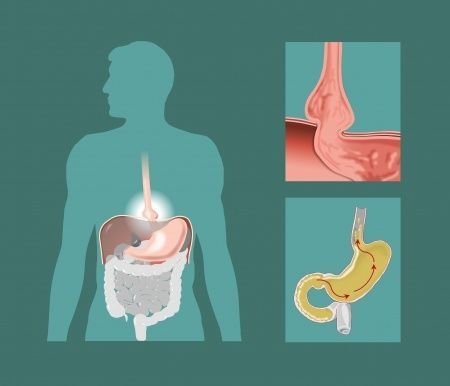
Many people are intimately aware of the function (or malfunction) of their stomach due uncomfortable burning sensations (GERD/heartburn) and/or a bloated feeling that can be accompanied by gas; which can be embarrassing at times. Often people who struggle with these conditions become focused on the consumption of antacids or eliminating foods they feel might cause too much acid. They even might believe that by medicating away their symptoms their problems are solved. After all, that’s what the internet and TV ads say, right? Don’t believe it! Although specific foods or too much stomach acid my sometimes be problematic, they are typically not the cause of most people’s chronic digestive issues. And despite what you have probably heard, most people do not have too much acid, they have too little.
Stomach acid is extremely important to your health for several reasons. First, the breakdown and digestion of food. Many people think that stomach acid is only needed to digest protein. This is partially true because protein is digested by pepsin, which requires hydrochloric acid for its production; no hydrochloric acid, no pepsin. However, hydrochloric acid plays its primary role in the digestion of plant foods. Plant cells all have a tough cellulose membrane that must be broken down before you have access to the nutrients inside. Hydrochloric acid breaks down this woody fiber enabling digestion of fruits, vegetables, and grains. One frequently overlooked fact, stomach acid is extremely important in the sanitization of all the germ laden food we put in our mouths; all foods have bacteria on them, especially raw foods.
Without adequate stomach acid pathogenic bacteria can easily enter the small intestine and wreak havoc on your health.
I realize that all this information flies in the face of everything you have heard about stomach acid. But think about it this way: If too much acid were the cause of GERD then teenagers would have the highest rate of GERD, not older folks. Unfortunately, as we get older our stomach acid production typically declines….just like everything else. If you have GERD it is more likely that your problem lies in a malfunctioning valve at the top of your stomach. This problem can generally be caused by certain dietary habits that you are unaware of and is relatively easy to remedy with the proper advice and supplementation. Many people find that a tablespoon or two of organic unfiltered apple cider just before meals helps the problem. For others, hydrochloric acid (HCL) supplements such as Betaine HCL are expensive and effective. If these are not effective then you might need a more comprehensive program, not just an acid blocking drug.
To continue to better your over all health, check back next week for another Digestive health tip.
